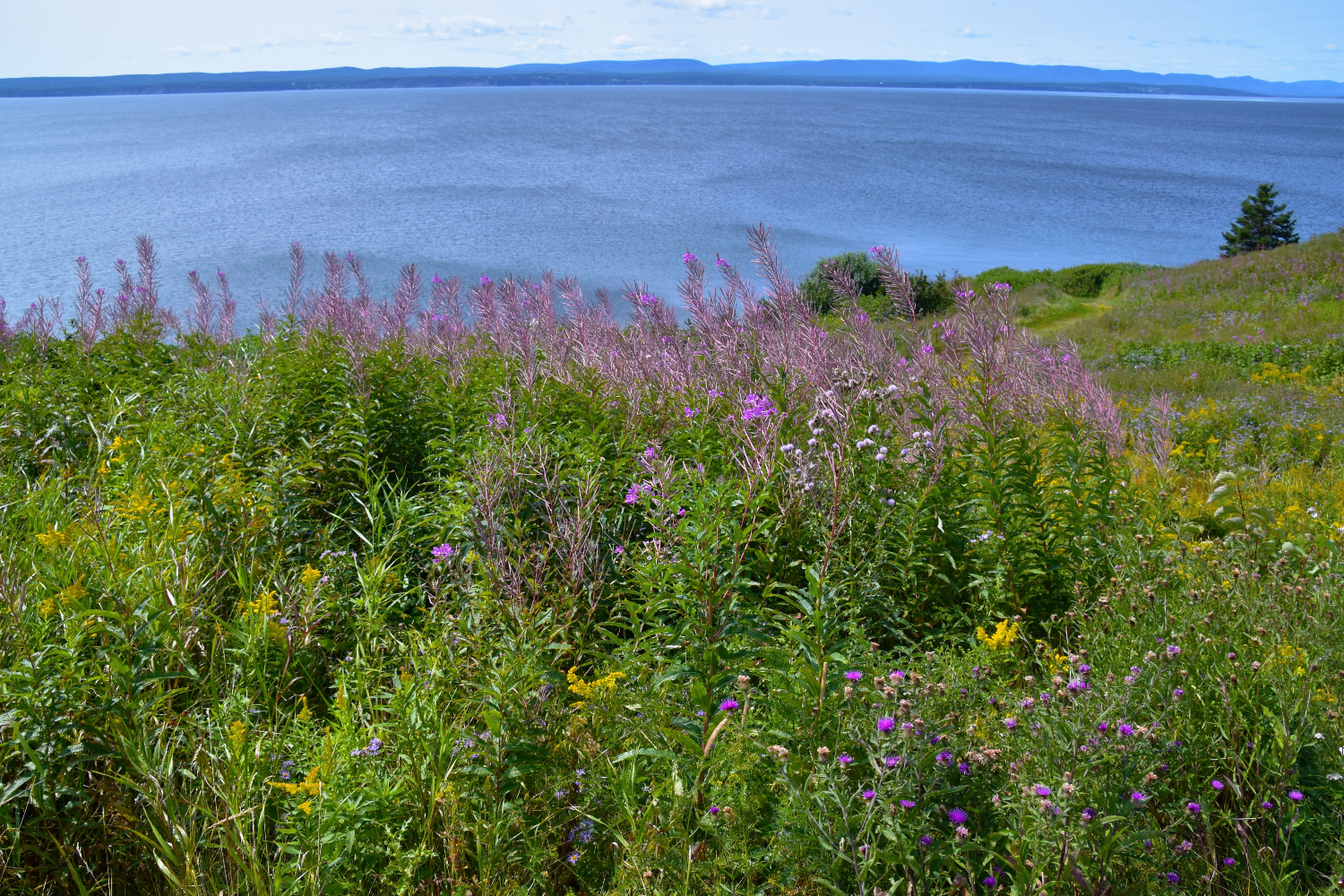The 2023 season of call for applications of BIOS2 is open! There are several opportunities available: undergraduate fellowship, postdoctoral fellowship for persistence and graduate student fellowship. Applications for the undergraduate and postdoctoral fellowships will be open until the positions are filled, and the graduate student fellowship applications close on August 18, 2023.
The Computational Biodiversity Science and Services BIOS2 training program is an NSERC-CREATE program that aims at widening opportunities and skill sets among students and postdoctoral fellows and increasing recruitment in biodiversity science in the Canadian job market. BIOS2 Fellows learn computational and quantitative skills from some of Canada’s best biodiversity scientists. They also get valuable professional experience outside of academia by applying their skills to solve real-world problems through internships and working groups.
Most importantly, the program takes place in a community environment that allows early-career researchers to explore and apply cutting-edge computational and quantitative methods to address the challenges of biodiversity science together with people having similar interests.
Students accepted into the BIOS² program will have access to all training activities (courses, workshops, working groups and Summer Schools) and financial support, including scholarships, paid internships and travel grants.
To apply, Fellows must be registered at one participating institution1 and must be supervised or co-supervised by an academic member of the program. If your supervisor is not a BIOS² academic member and you would like to apply to BIOS², please share this link with your supervisor: https://bios2.usherbrooke.ca/get-involved/researchers/. Applications to become academic members will be reviewed in parallel to the student’s application.
Undergraduate scholarship
We believe that training in numerical ecology can start early, so we offer an undergraduate scholarship program to support students who are doing or want to start an internship focused on numerical and computational ecology. The internship must be done during the Summer or Fall semesters, and students are expected to be active in the BIOS2 community during the two semesters following the internship.
Eligibility
1. The applicant must be a full-time undergraduate student enrolled in an undergraduate university program at one of the institutions affiliated with the program1.
2. The applicant must intend to do their internship in the Summer of Fall semesters and to be active in the BIOS2 community during the two semesters following the internship.
More information (including the application form) can be found here: https://bios2.usherbrooke.ca/get-involved/undergraduate-students/
Graduate Fellowship
The BIOS2 training program is designed to enhance Fellows’ training and experience and to facilitate their transition towards non-academic sectors. BIOS2 training consists of instruction (courses, short modules, and summer schools), working groups and internships.
Every Fellow is expected to actively participate in the program’s activities. More specifically, Fellows should participate at least once in the summer schools organized by the program, and take part at least once in a working group (organized by BIOS2 or partner organizations such as CIEE, LDP or QCBS) during their membership in the BIOS2 program and do internships* each year with collaborative members.
Eligibility
This call is specifically meant for graduate students who:
- Are current BIOS² members and want to renew their membership,
- Are interested in joining the BIOS² program for the first time.
More information (including the application form) can be found here: https://bios2.usherbrooke.ca/get-involved/graduate-students/
Postdoctoral Fellowship for Persistence
The transition from graduate studies to an autonomous research career is a critical step where intensive selection takes place, often in a biased way. Job perspectives, life conditions, and the search for excellence are unequal sources of pressure which tend to reduce diversity and inclusion in academia. BIOS2 will specifically promote persistence at this career stage with a specific fellowship that aims to promote equity, diversity and inclusion of postdoctoral scientists. We propose a non-competitive procedure to select persistent fellows.
Eligibility
The application must meet eligibility criteria based on:
- Alignment with the program goals for training,
- Promotion of equity and diversity in science,
- Leverage effect of the fellowship on career continuation and development.
More information (including the application form) can be found here: https://bios2.usherbrooke.ca/get-involved/postdoc/
We wish you good luck with your application!
If you have any questions, please contact Gracielle Higino (bios2@graciellehigino.com).
1Concordia University, McGill University, Université de Montréal, Université de Sherbrooke, Université du Québec à Montréal, Université du Québec à Rimouski, Université Laval, University of Alberta, University of British Columbia

